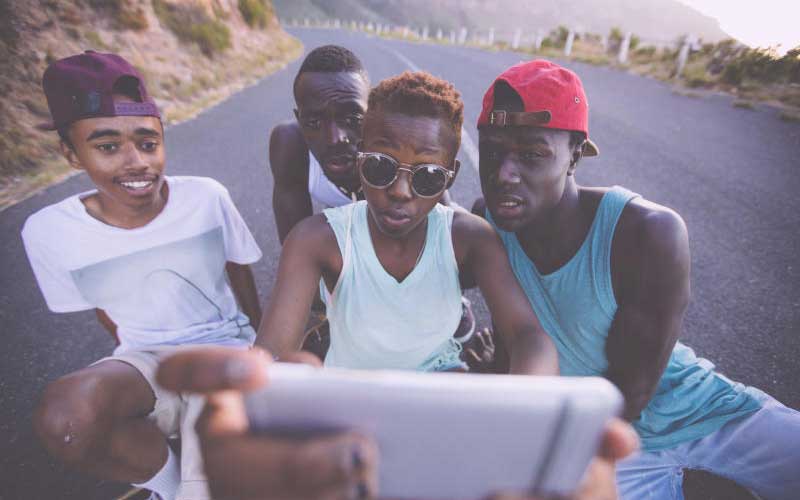×
The Standard e-Paper
Smart Minds Choose Us

Sexual abuse, alcohol and bhang are high on the list of things parents need worry about at the start of the longest holiday in the public school calendar.
Sex pests, the proliferation of outlets selling alcohol and ease at accessing hard drugs provide a backdrop to what might be a problematic season for households.